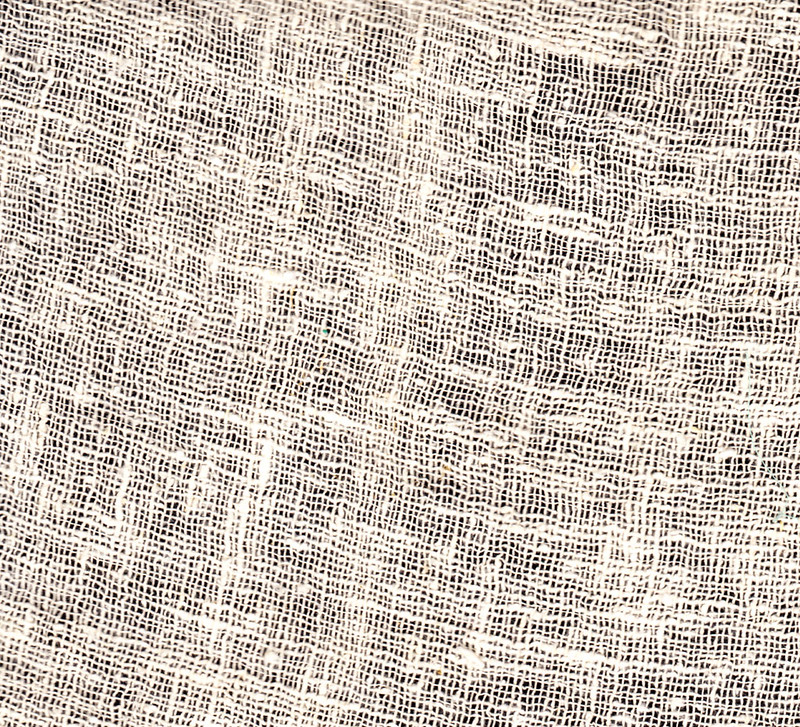
The other day, we reported on the retraction this month of a paper that was laid low by reuse of experimental materials — cheese cloth, to be exact — when fresh were required.
At the time, we asked the senior author, Donghai Wang, of Kansas State University, whether any other articles from his group had similar problems. Wang’s response was no — but it turns out the group already had five other retractions in December, and has requested another.
All are from the same journal, Bioresource Technology.
These retractions include the August 2019 paper titled “A study on the association between biomass types and magnesium oxide pretreatment.” According to the notice:
This article has been retracted at the request of the Authors and the Editor-in-Chief.
This article contains some flaws in experimental method/ protocol used. The major issue is that the filtration aperture (cheese cloth) used for solid and liquid separation after biomass pretreatment was not well controlled over the research period. Using used-cheese-cloths with varied aperture size unintentionally caused a large variation in mass recovery and chemical composition of treated biomass. New cheese cloth should be used each time to assure reproducibility.
And the September 2019 paper, “Boosting fermentable sugars by integrating magnesium oxide-treated corn stover and corn stover liquor without washing and detoxification,” for the same reason.
Then there’s “High-solids hydrolysis of corn stover to achieve high sugar yield and concentration through high xylan recovery from magnesium oxide-ethanol pretreatment,” from May 2019:
This article has been retracted at the request of the authors and the Editor-in-Chief. The major issue is that this article contains some results and discussions which arose on the basis of two retracted papers that had used wrong methodology. The two retracted papers are:
1. Li. J., W. Li, M. Zhang, D. Wang. 2018. Boosting the fermentable sugar yield and concentration of corn stover by magnesium oxide pretreatement for ethanol production. Bioresource Technology 269 (2018) 400-407; and
2. Li. J., M. Zhang, J. Li, D. Wang. 2018. Corn stover pretreatment by metal oxides for improving lignin removal and reducing sugars degradation and water usage. Bioresource Technology 263 (2018) 232-241.
We asked Wang about the additional retractions. He told us:
Initially, someone found lignin removal calculation in Jun Li’s paper is not correct, then we spent one month to conduct [a] validation test, [and] we found that filtration membrane (cheese cloth) is a major factor [that] influences the mass recovery and then [affects] the lignin removal calculation. The mass recovery from validation test using 8 different used cheese clothes ranged from 54.8% to 60.05%. From this validation test, we realized that new cheese cloth should be used each time to assure results accuracy and reproducibility.
After [a] validation test, I wrote a report to Dr. Ashok Pandey [the editor-in-chief of Bioresource Technology] indicating 5 papers had [an] issue [with] mass recovery and requested retraction. Dr. Pandey allow us to make [a] short note correction on another two papers, finally due to that the last two papers referenced retracted papers in several places, it is difficult to make a short note to explain the issue, so we gave up on correction and requested retraction and Dr. Pandey agreed, so we have 7 [papers] retracted.
Jun Li is my PhD student, he is a self-motivated and hardworking individual. He did not [realize the] “cheese cloth” issue, nor [report it] to me, it is my mistake that I over trusted Jun and did not re-calculate the results, the good thing is that we had an opportunity to find out the problem.

Wang said he has requested that the journal pull a seventh paper, titled “Enhancing delignification and subsequent enzymatic hydrolysis of corn stover by MgO-ethanol pretreatment.”
He added that his group is now repeating their experiments using filter paper and hope to republish their findings.
Like Retraction Watch? You can make a tax-deductible contribution to support our work, follow us on Twitter, like us on Facebook, add us to your RSS reader, or subscribe to our daily digest. If you find a retraction that’s not in our database, you can let us know here. For comments or feedback, email us at [email protected].